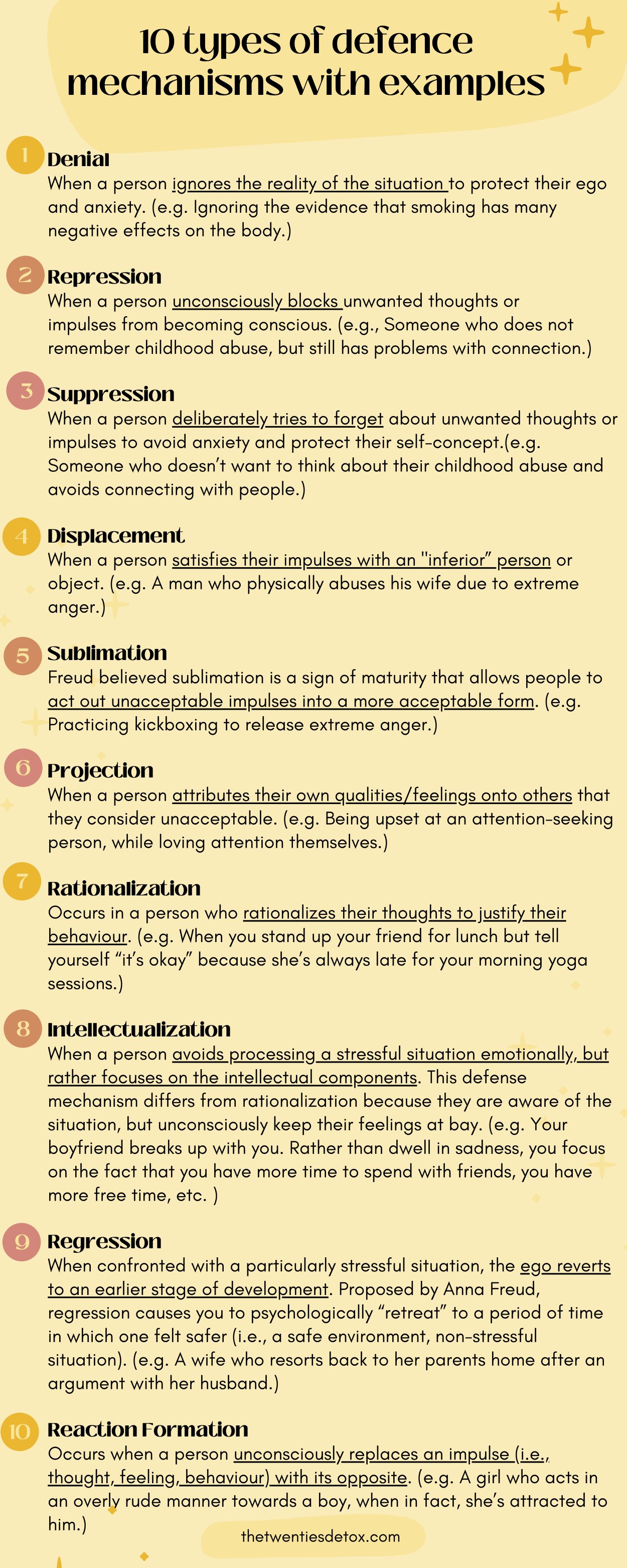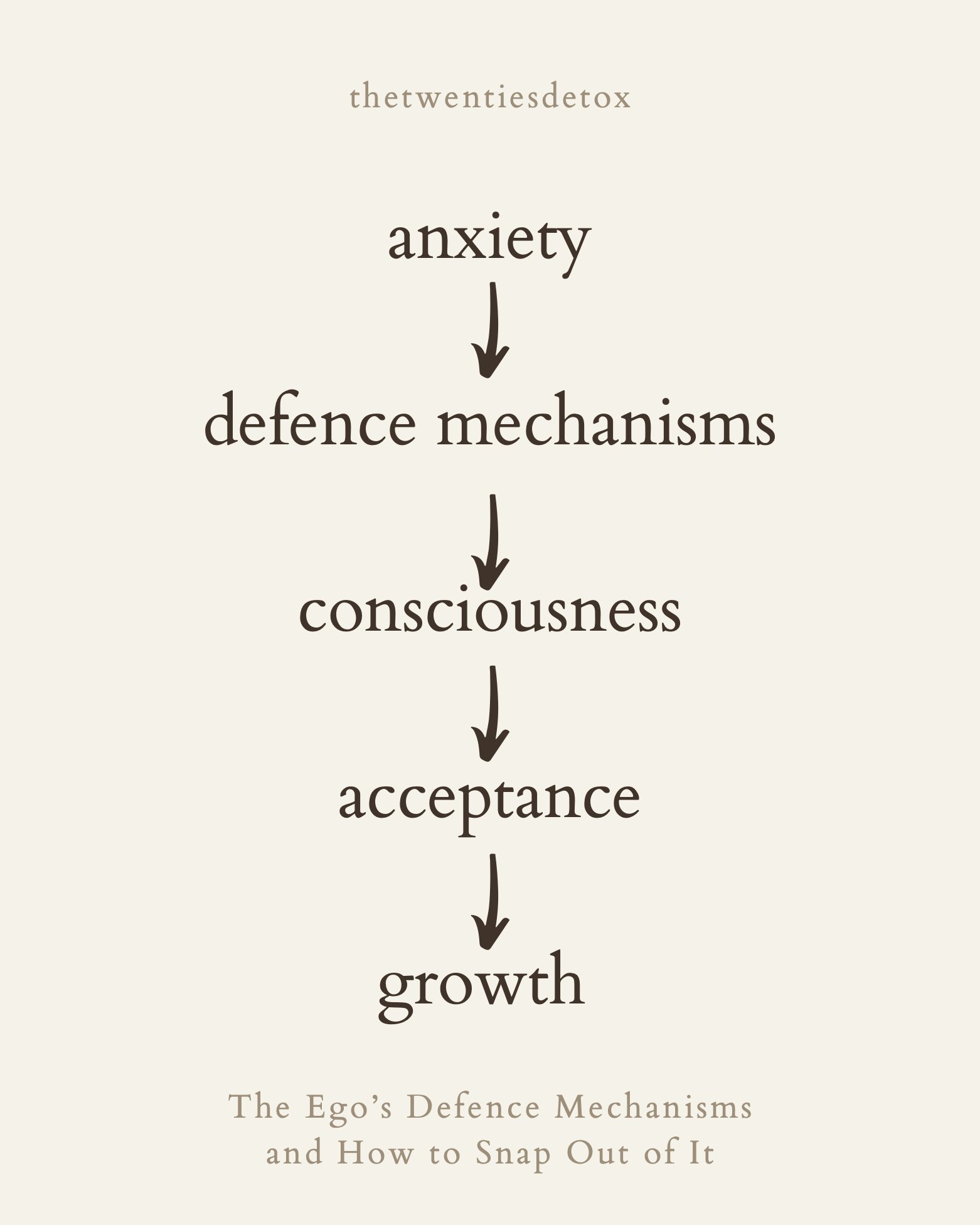The Ego’s Defence Mechanisms and How to Snap Out of It
Have you ever felt superior or inferior to certain people in your life? That’s your ego.
What is a Defence Mechanism & How is the Ego Involved?
As we all know, we live in a very unconscious world. Controlled by the ego, many people live their lives dysfunctionally, unaware of the present moment.
Reactive and defensive behaviour are signs that you are identifying with something (e.g., a belief, a standard, a person, a thing) that needs protecting.
If you do, your ego is in control. Rather than feel equal to others, your ego sorts through beliefs about your self-concept (i.e. abilities, roles, worth and personality) then puts you in a position of inferiority or superiority.
In situations where you feel inferior, the ego wants to regain their power by defending yourself. In other words, you become reactive and develop defence mechanisms.
Types of Defence Mechanisms
According to Sigmund Freud’s psychoanalytic theory, a defence mechanism is a tactic developed by our ego to protect against the feelings of anxiety.
The 10 defence mechanisms proposed by Freud, include denial, repression, suppression, displacement, sublimation, projection, rationalization, intellectualization, regression, and reaction formation.
Rather than go deep into all of them today, I would like to provide quick definitions to get the idea of them. Please look for the references at the bottom of this page, if you wish to find more information about defence mechanisms.
The Detox
Now the part we’ve all been waiting for. Here, I will discuss ways to snap out of your defence mechanisms and take up better habits for your personal growth.
As you can see from the above, the secret is consciousness. The ego can only operate when you are unaware of it. The second you acknowledge your ego, you know you are stepping in the right direction. Practicing mindfulness in your 20s, sets you apart from the pack because not only do you intrinsically grow faster, but you also understand what’s happening with the people around you.
How to Control your Reactive & Defensive Behaviour
Meditation
A study in Bangkok, Thailand, focused on the changes in one’s self-concept, ego defense mechanisms, and religiosity after a seven-day Vipassana (mindfulness) meditation retreat. According to the results of the study, Vipassana meditation can be used to silence instinctual drives, resulting in emotional tranquility and skillful living.
Thus, it is not surprising that the retreat created positive results. What’s more, the participants of the study who practiced Vipassana experienced a reduction in displacement, projection, and regression mechanisms. (Emavardhana & Tori, 1997)
The Stepping Stone
The “mature” defence mechanisms such as sublimation and intellectualization, seem more ideal than others. Meditation will help us maintain consciousness during stressful times, but sometimes we slip! We’re human.
I would recommend channeling these defence mechanisms as a stepping stone to finding inner-acceptance.
Understand What is Happening
Since mindfulness is a practice to develop over time, I recommend learning how to cope better with negative thoughts and feelings. Although sublimation and intellectualization are mature defence mechanisms, they still involve the avoidance of emotions.
Without prioritizing the acceptance of their emotions, these people may develop a personality lacking with empathy. Understand what is making you anxious, then accept it, and change it.
What’s the point in trying to be aware of a stressful situation if you can’t deal with the anxiety that comes from it? You will probably slip right back into your old defence mechanism (or a worse one) and say, “screw it!” to that meditation stuff.
Journaling and Finding Motivation
To be consistent, find a motivating reason to not allow the reactive and defensive behaviour to begin in the first place. By setting a personal standard to practice mindfulness, you reduce suffering in your life and for the people around you. Maybe, it’s for one of these reasonings.
Love
Significance
Personal Growth
Success and Contribution
Mental Stability
Authenticity & Connection
Etc.
Elaborate on your reason today.
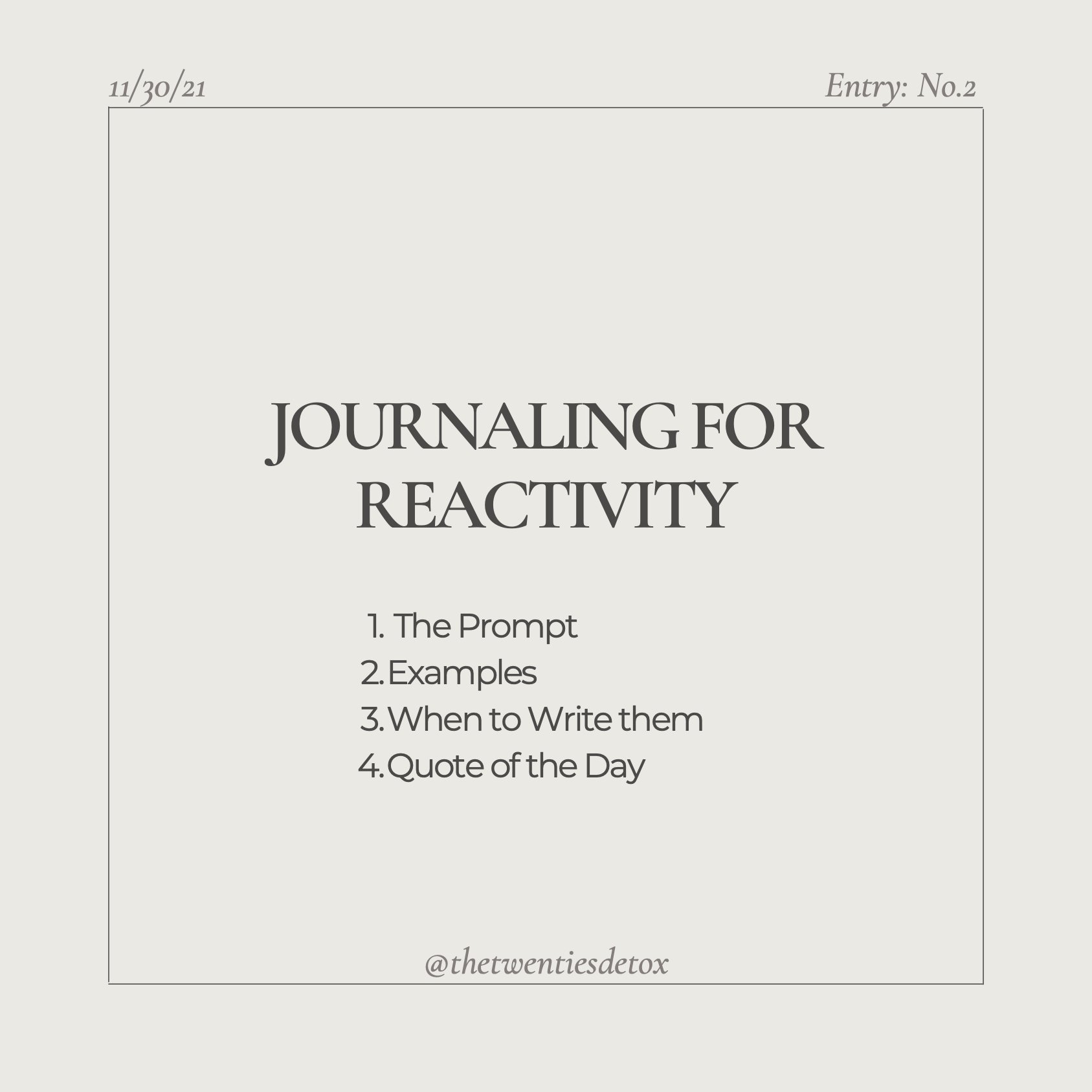
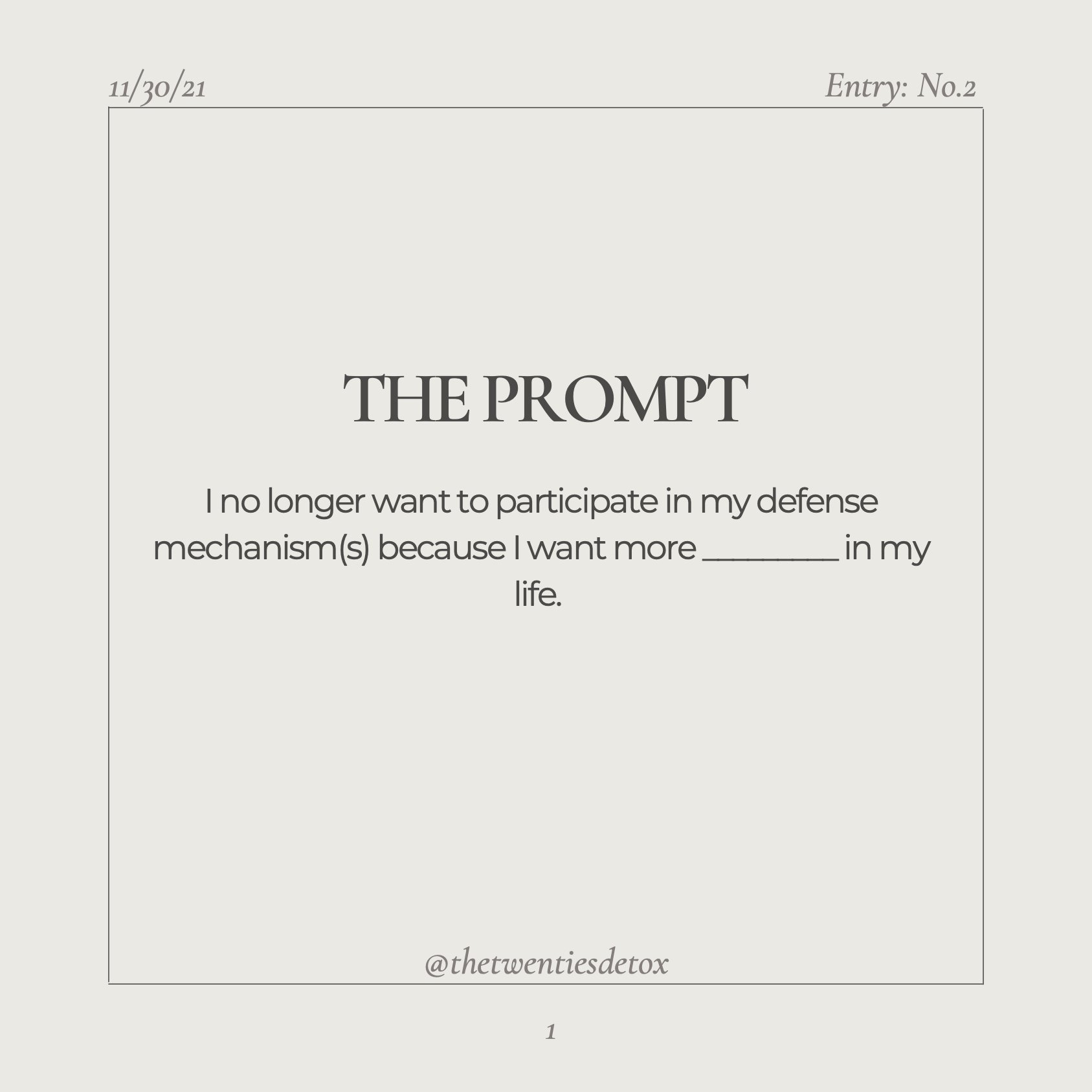
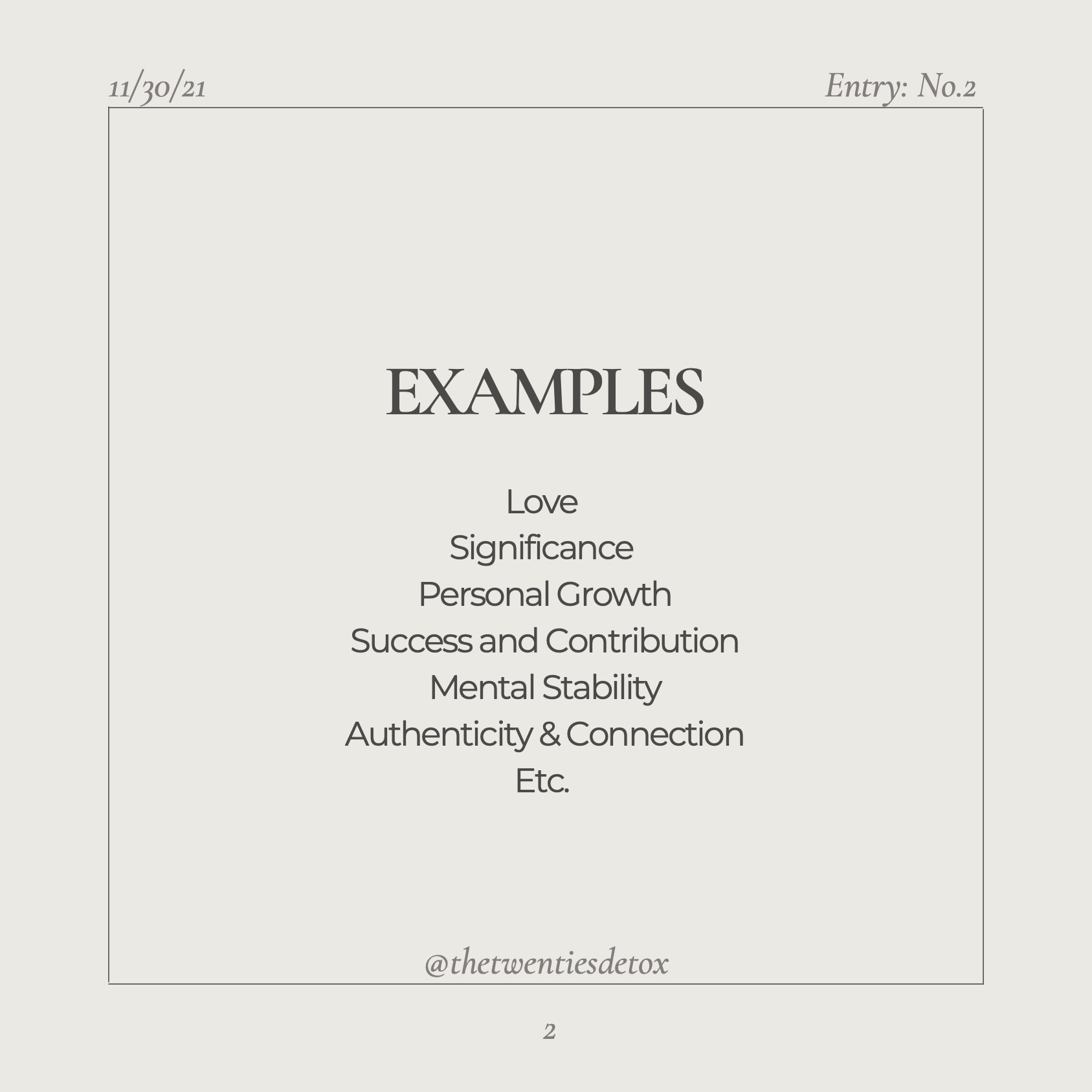



References
Admin. (2015, September 30). Difference between intellectualization and rationalization. Compare the Difference Between Similar Terms. Retrieved November 29, 2021, from https://www.differencebetween.com/difference-between-intellectualization-and-vs-rationalization/.
Cherry, K. (2021, November 28). Common defense mechanisms people use to cope with anxiety. Verywell Mind. Retrieved November 29, 2021, from https://www.verywellmind.com/defense-mechanisms-2795960.
Emavardhana, T., & Tori, C. D. (1997). Changes in self-concept, ego defense mechanisms, and religiosity following seven-day vipassana meditation retreats. Journal for the Scientific Study of Religion, 36(2), 194. https://doi.org/10.2307/1387552
Mcleod, S. (n.d.). 10 Defense Mechanisms: What Are They and How They Help Us Cope. 10 defense mechanisms: What are they and how they help us Cope. Retrieved November 29, 2021, from https://www.simplypsychology.org/defense-mechanisms.html.



